********** MUSIC **********
return to top
Filter efficiency 100.000 (0 matches/857 results)
********** XKCD **********
return to top
Sun Avoidance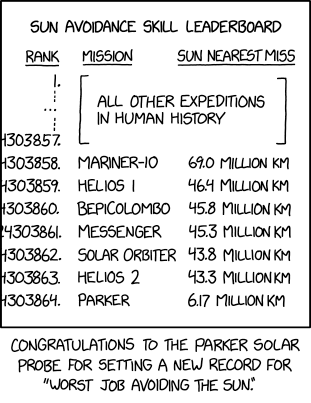
Match ID: 0 Score: 1000.00 source: xkcd.com
qualifiers: 1000.00 xkcd
Linear Sort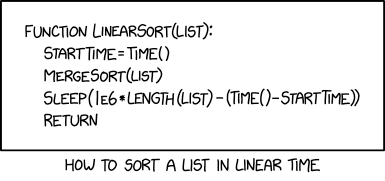
Match ID: 1 Score: 1000.00 source: xkcd.com
qualifiers: 1000.00 xkcd
Exclusion Principle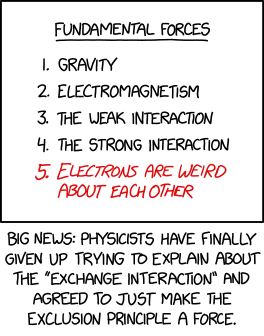
Match ID: 2 Score: 1000.00 source: xkcd.com
qualifiers: 1000.00 xkcd
D Roll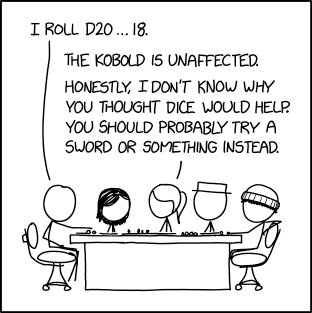
Match ID: 3 Score: 1000.00 source: xkcd.com
qualifiers: 1000.00 xkcd
Filter efficiency 99.533 (4 matches/857 results)
********** FOOD **********
return to top
12 easy cookie recipes with 6 ingredients or fewer
Tue, 24 Dec 2024 16:00:11 +0000
These simple cookie recipes show you can make something without a lot of time or ingredients.
Match ID: 0 Score: 50.00 source: www.washingtonpost.com age: 1 day
qualifiers: 30.00 food, 20.00 recipes
In a Japanese restaurant in west London, this Chinese woman felt truly at home | Xinran
Thu, 26 Dec 2024 08:00:35 GMT
In my younger years I travelled all over China. But on a culinary tour of Bayswater with my son, I tasted belonging
In 2006, during his gap year before starting university, my son Pan set out to discover a “world beyond books”. After spending four months backpacking through Australia and New Zealand, he shared with me his most profound realisation from his travels: the meaning of home.
He told me: “Some people live in luxurious mansions but rarely share dinners or weekends with their families. Others, in crowded cottages, are enveloped daily by the sounds of children playing and the aroma of home-cooked meals. Some reside deep in the mountains, knowing every blade of grass, bird and rabbit, while others traverse busy city districts yet remain strangers to their own neighbours.” His words made me think about the places I have called home.
Xinran is founder of the Mothers’ Bridge of Love and the author of nine books, including The Good Women of China, China Witness, What the Chinese Don’t Eat, The Promise and The Book of Secrets
Continue reading...With restrictions due next month, food vendors are still using such plastics and some traders have not heard of ban
Labake Ajiboye-Richard, the founder of a Lagos-based sustainability consultancy, was driving in Nigeria’s most populous city earlier this month when she saw someone throwing rubbish out of their car window.
“I was so shocked to see that in 2024,” she said. “If you’re throwing something on the road, what are you doing in your home? What are you doing in your community?”
Continue reading...Our 20 favourite pieces of in-depth reporting, essays and profiles from the year
Nicholas Saunders was a counterculture pioneer with an endless stream of quixotic schemes and a yearning to spread knowledge – but his true legacy is a total remaking of the way Britain eats
Sign up to the long read weekly email here, and find our podcasts here
Show your support for the Guardian’s open, independent journalism in 2024 and beyond, including the long read
Continue reading...Avoiding animal products – and alcohol – at the start of the year makes lasting changes more likely, say researchers
Meat-eaters who abstain to take part in Veganuary are more likely to think that meat is disgusting after giving it up for the month, researchers have found.
Studies by psychologists at the University of Exeter also found that some people identify less as meat-eaters after trying to avoid animal products during January.
Continue reading...Trump wants a bloodbath for the federal employees, but government workers aren’t the only ones who will suffer.
The post Federal Labor Unions Steel Themselves for Trump and DOGE’s Mass Firings appeared first on The Intercept.
A weekly email from Yotam Ottolenghi, Meera Sodha, Felicity Cloake and Rachel Roddy, featuring the latest recipes and seasonal eating ideas
Each week we’ll send you an exclusive newsletter from our star food writers. We’ll also send you the latest recipes from Yotam Ottolenghi, Nigel Slater, Meera Sodha and all our star cooks, stand-out food features and seasonal eating inspiration, plus restaurant reviews from Grace Dent and Jay Rayner.
Sign up below to start receiving the best of our culinary journalism in one mouth-watering weekly email.
Continue reading...Not sure which whisky to sip by a roaring fire? No problem, we’ve tasted them straight up for you
Whether you’re stocking the bar trolley or hunting for a gift for a hard-to-buy-for relative, you’ll likely be one of the many picking up a bottle or two of whisky this Christmas.
After carefully testing every whisky on this list – and many more – we are full of festive spirit and ready to step in to Christmas. Some whiskies were stirred into manhattans, others were enjoyed as a highball, and all were tasted straight up; all in the name of fairness, you understand.
Continue reading...As the diplomatic row over the embargo escalates, the U.S. sent Israel millions of pounds of ammunition through Spanish territory.
The post U.S. Defied Spanish Embargo on Arms Bound for Israel by Making Enforcement More Difficult appeared first on The Intercept.
From soft, buttery cheddar to crumbly caerphilly, here’s our pick of cheeses that will benefit you, the animal and the environment
The fruity tang of a strong cheddar; the creamy ooze of a brie; the honk of a blue so ripe it threatens to walk off the board. To cheese lovers, these are as much a part of this season’s sensory joys as mince pies and a Christmas tree glowing with lights.
Yet they can come at an environmental price. Sustainability is frustratingly complicated for those of us who want to lay on a cheeseboard without guilt this Christmas. Most of us now know about livestock emissions, global deforestation in the name of producing feed, and the pollution – via agricultural runoff – of local waterways. A few years ago, we were told being sustainable meant avoiding dairy completely; then we learned about the benefits ruminants can bring to the soil when farmed regeneratively.
The cheddar:
Hafod
From £7.75 at the Courtyard Dairy
The wensleydale:
Stonebeck
From £17 at Paxton & Whitfield
The ‘camembert’:
Corscombe
£15.15 at Neal’s Yard Dairy
The goat’s:
Sinodun Hill and Polmarkyn Dairy
£14.95 at Paxton & Whitfield
£6.20 at Hanson Fine Foods
The ‘manchego’:
Corra Linn
From £10.65 at the Courtyard Dairy
The blue:
Lanark blue
£9.95 at Pong Cheese
The caerphilly:
Duckett’s caerphilly
£5.25 at the Newt
The reblochon:
Rollright
£10.95 at the Newt
Hours before Assad fell, Congress moved to extend sanctions. Despite presidential waivers, Syria won’t open up until they’re off the books.
The post Keeping Sanctions in Force Would “Pull the Rug Out From Under Syria” appeared first on The Intercept.
Style, with substance: what’s really trending this week, a roundup of the best fashion journalism and your wardrobe dilemmas solved, direct to your inbox every Thursday
Style, with substance: what’s really trending this week, a roundup of the best fashion journalism and your wardrobe dilemmas solved, delivered straight to your inbox every Thursday
Explore all our newsletters: whether you love film, football, fashion or food, we’ve got something for you
Continue reading...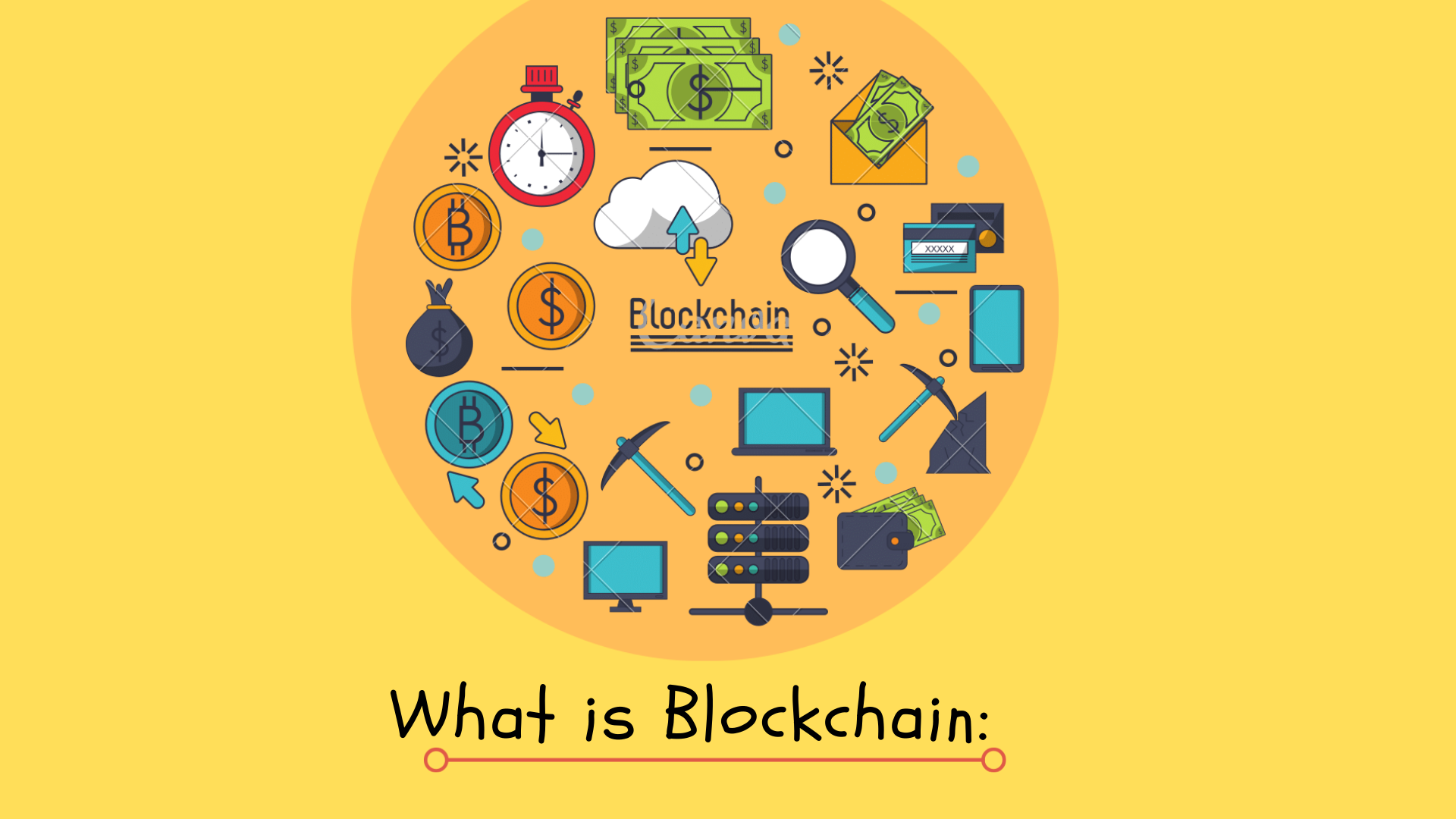 |
Imagine a world in which you can do transactions and many other things without having to give your personal information. A world in which you don’t need to rely on banks or governments anymore. Sounds amazing, right? That’s exactly what blockchain technology allows us to do.
It’s like your computer’s hard drive. blockchain is a technology that lets you store data in digital blocks, which are connected together like links in a chain.
Blockchain technology was originally invented in 1991 by two mathematicians, Stuart Haber and W. Scot Stornetta. They first proposed the system to ensure that timestamps could not be tampered with.
A few years later, in 1998, software developer Nick Szabo proposed using a similar kind of technology to secure a digital payments system he called “Bit Gold.” However, this innovation was not adopted until Satoshi Nakamoto claimed to have invented the first Blockchain and Bitcoin.
A blockchain is a distributed database shared between the nodes of a computer network. It saves information in digital format. Many people first heard of blockchain technology when they started to look up information about bitcoin.
Blockchain is used in cryptocurrency systems to ensure secure, decentralized records of transactions.
Blockchain allowed people to guarantee the fidelity and security of a record of data without the need for a third party to ensure accuracy.
To understand how a blockchain works, Consider these basic steps:
Let’s get to know more about the blockchain.
Blockchain records digital information and distributes it across the network without changing it. The information is distributed among many users and stored in an immutable, permanent ledger that can't be changed or destroyed. That's why blockchain is also called "Distributed Ledger Technology" or DLT.
Here’s how it works:
And that’s the beauty of it! The process may seem complicated, but it’s done in minutes with modern technology. And because technology is advancing rapidly, I expect things to move even more quickly than ever.
Even though blockchain is integral to cryptocurrency, it has other applications. For example, blockchain can be used for storing reliable data about transactions. Many people confuse blockchain with cryptocurrencies like bitcoin and ethereum.
Blockchain already being adopted by some big-name companies, such as Walmart, AIG, Siemens, Pfizer, and Unilever. For example, IBM's Food Trust uses blockchain to track food's journey before reaching its final destination.
Although some of you may consider this practice excessive, food suppliers and manufacturers adhere to the policy of tracing their products because bacteria such as E. coli and Salmonella have been found in packaged foods. In addition, there have been isolated cases where dangerous allergens such as peanuts have accidentally been introduced into certain products.
Tracing and identifying the sources of an outbreak is a challenging task that can take months or years. Thanks to the Blockchain, however, companies now know exactly where their food has been—so they can trace its location and prevent future outbreaks.
Blockchain technology allows systems to react much faster in the event of a hazard. It also has many other uses in the modern world.
Blockchain technology is safe, even if it’s public. People can access the technology using an internet connection.
Have you ever been in a situation where you had all your data stored at one place and that one secure place got compromised? Wouldn't it be great if there was a way to prevent your data from leaking out even when the security of your storage systems is compromised?
Blockchain technology provides a way of avoiding this situation by using multiple computers at different locations to store information about transactions. If one computer experiences problems with a transaction, it will not affect the other nodes.
Instead, other nodes will use the correct information to cross-reference your incorrect node. This is called “Decentralization,” meaning all the information is stored in multiple places.
Blockchain guarantees your data's authenticity—not just its accuracy, but also its irreversibility. It can also be used to store data that are difficult to register, like legal contracts, state identifications, or a company's product inventory.
Blockchain has many advantages and disadvantages.
I’ll answer the most frequently asked questions about blockchain in this section.
Blockchain is not a cryptocurrency but a technology that makes cryptocurrencies possible. It's a digital ledger that records every transaction seamlessly.
Yes, blockchain can be theoretically hacked, but it is a complicated task to be achieved. A network of users constantly reviews it, which makes hacking the blockchain difficult.
Coinbase Global is currently the biggest blockchain company in the world. The company runs a commendable infrastructure, services, and technology for the digital currency economy.
Blockchain is a decentralized technology. It’s a chain of distributed ledgers connected with nodes. Each node can be any electronic device. Thus, one owns blockhain.
Bitcoin is a cryptocurrency, which is powered by Blockchain technology while Blockchain is a distributed ledger of cryptocurrency
Generally a database is a collection of data which can be stored and organized using a database management system. The people who have access to the database can view or edit the information stored there. The client-server network architecture is used to implement databases. whereas a blockchain is a growing list of records, called blocks, stored in a distributed system. Each block contains a cryptographic hash of the previous block, timestamp and transaction information. Modification of data is not allowed due to the design of the blockchain. The technology allows decentralized control and eliminates risks of data modification by other parties.
Blockchain has a wide spectrum of applications and, over the next 5-10 years, we will likely see it being integrated into all sorts of industries. From finance to healthcare, blockchain could revolutionize the way we store and share data. Although there is some hesitation to adopt blockchain systems right now, that won't be the case in 2022-2023 (and even less so in 2026). Once people become more comfortable with the technology and understand how it can work for them, owners, CEOs and entrepreneurs alike will be quick to leverage blockchain technology for their own gain. Hope you like this article if you have any question let me know in the comments section
FOLLOW US ON TWITTER
RSS Rabbit links users to publicly available RSS entries.
Vet every link before clicking! The creators accept no responsibility for the contents of these entries.
Relevant
Fresh
Convenient
Agile
We're not prepared to take user feedback yet. Check back soon!